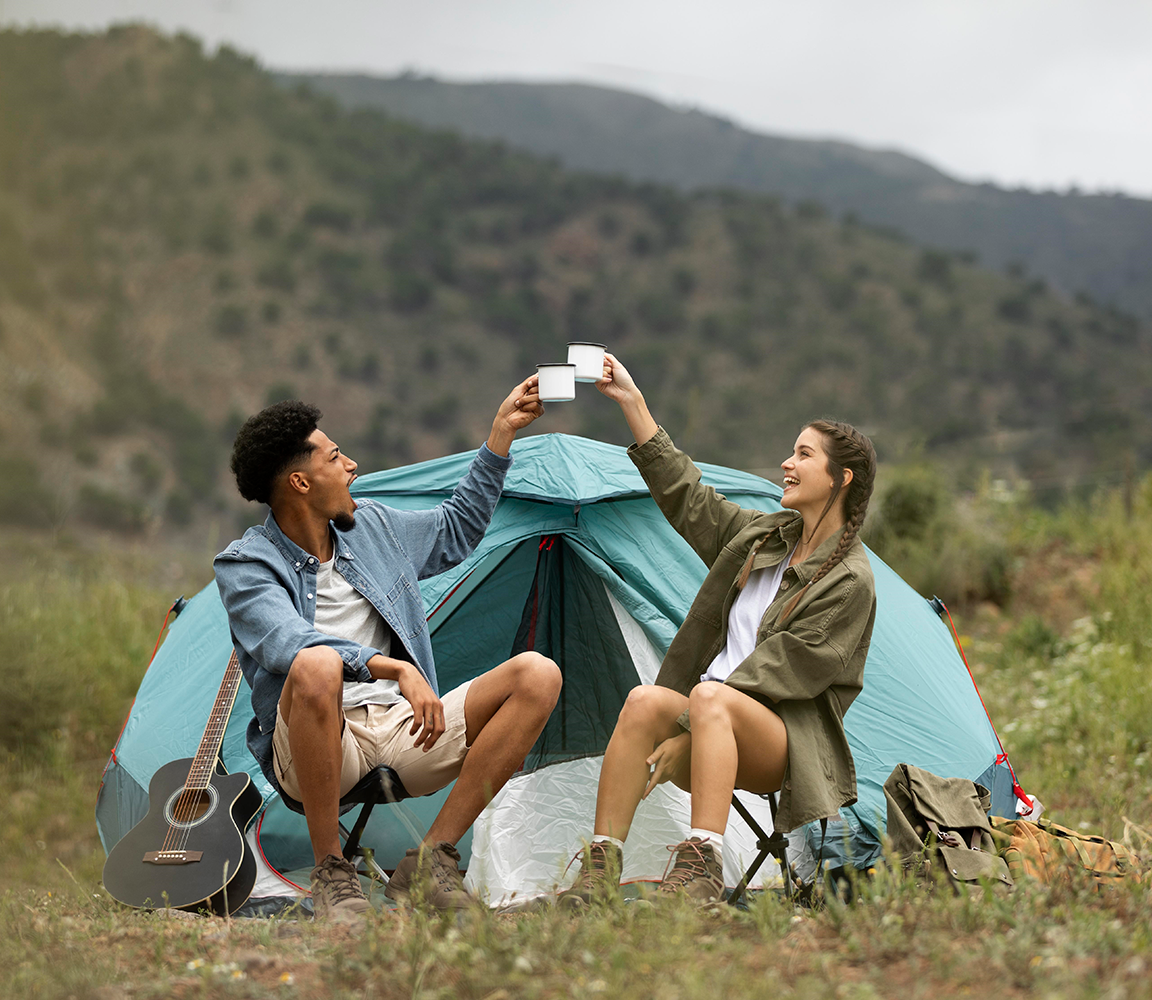Holiday Pet Safety Tips
As you gear up for the holidays, keep your pets’ safety top of mind.
From tasty treats and shiny décor to holiday hustle, it’s easy to overlook potential hazards to your pets’ health and safety. Here are some tips to navigate the holiday season safely so you all can enjoy the festivities.
ASPCA® Pet Health Insurance With Multiple Discounts
Enjoy peace of mind with a 10% alumni discount plus additional savings for multiple pets.
Festive Foods
While you may be looking forward to special holiday meals, remember that some human foods can be toxic to cats and dogs, so it’s important to keep people food away from your pets.
The ASPCA has compiled the following list of foods pets should avoid: alcohol, bones, chocolate, coffee & caffeine, citrus, coconut oil, nuts (especially macadamia), grapes & raisins, milk & dairy, onion, garlic & chives, raw/undercooked meat and eggs, salty foods, foods with xylitol (an artificial sweetener especially toxic to dogs found in candy and baked goods), and unbaked yeast dough.1
If your pet shows any of these signs, call your veterinarian, the ASPCA Poison Control Center (888-426-4435), or the Pet Poison Helpline® (855-764-7661).
At this busy time of year, it’s especially important to restrict access to leftover food and trash, and leave alcoholic drinks out of reach.
Holiday Décor
Take time to dog- and cat-proof your holiday décor. Dangerous Christmas decorations include ornaments, electrical cords and lights, ribbons and tinsel (cats love sparkly tinsel, but swallowing it can lead to an obstructed digestive tract). Pay special attention to:
- Christmas trees. Consider anchoring your tree to prevent curious pets from knocking it over and limit access to Christmas tree water with additives that can be hazardous to your pets if swallowed.
- Candles. Never leave curious pets alone in an area with a lit candle where they could get burned or cause a fire. Candle smoke can also irritate your pet’s respiratory system, making battery-operated candles a safer alternative.
- Holiday plants. Keep holiday plants out of reach. Mistletoe and other common holiday plants, such as Christmas roses, lilies, and holly, are toxic to dogs and cats. Poinsettias can also make pets sick.
- Snow globes. Keep snow globes away from pets and thoroughly clean up any accidental breakages. The ethylene glycol commonly used in snow globes is highly toxic to pets, so broken snow globes can lead to potentially fatal intoxication.
Hustle and Bustle
Even if your pets are comfortable around guests, make sure you watch them closely, especially when people are entering or leaving your home. Consider using gates to confine your pet and remind your guests to keep the doors securely closed. Always make sure your pets wear their collars and ID tags and make sure they’re microchipped with updated information so you can be contacted if they do escape.
The excitement of a party may overwhelm some pets. If your pets prefer to skip the party, you can help keep them calm by providing a quiet, safe room or crate with food, water, and plenty of toys to keep them busy.
As careful as we are, accidents happen, so it’s important to plan ahead for emergencies. Have your pet’s medical records easily accessible, along with phone numbers for your veterinarian and poison control, and make sure you know how to get to your 24/7 emergency veterinary clinic. Finally, consider Pet insurance, which can help cover costs for accidental injures by reimbursing you for a percentage of your pet’s covered expenses, such as diagnostics, procedures, and medications.
1 “People Food to Avoid Feeding Your Pets,” ASPCA: https://www.aspca.org/pet-care/animal-poison-control/people-foods-avoid-feeding-your-pets, accessed October 10, 2024.
2 “Winter Holiday Pet Safety,” American Veterinary Medical Association, https://www.avma.org/resources-tools/pet-owners/petcare/holiday-pet-safety accessed October 10, 2024.
Note: A Pet Poison Hotline fee may apply.


